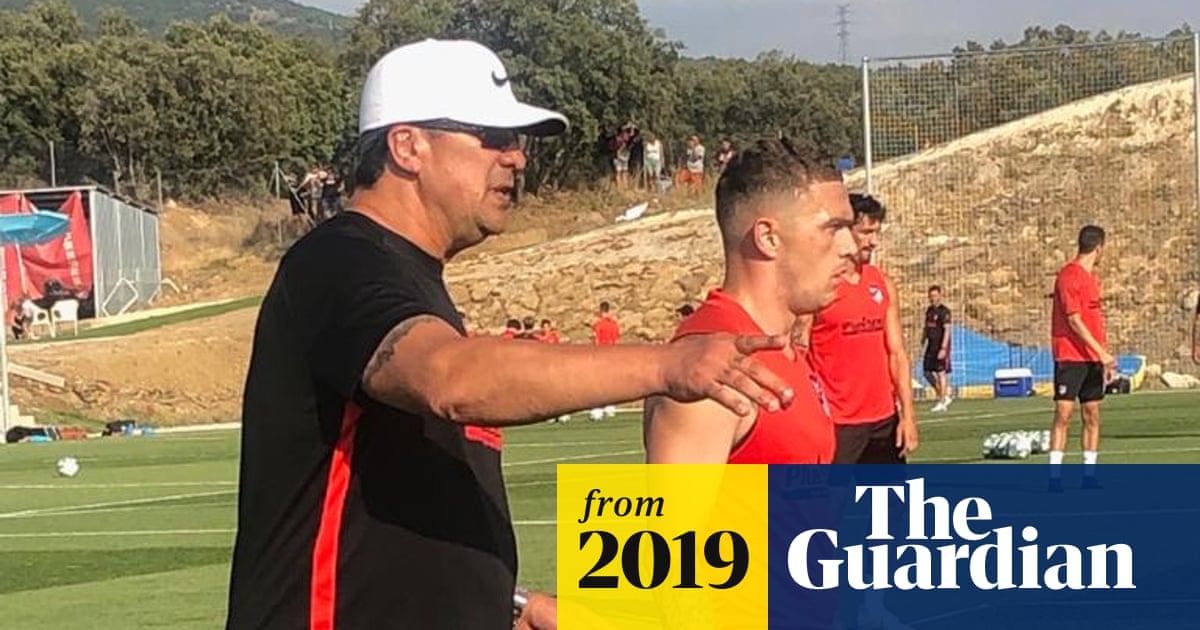- Jul 26, 2005
- 931
- 3,657
It must be a tough atmosphere in some ways. Dele, Dier & Winks must all be thinking they should be getting ready for Italy rather than Leyton Orient, even if they only have to look at themselves for why they aren’t (as Dele has acknowledged). And maybe to a lesser extent too, Lucas & Lamela wondering why they’re not prepping for an all-star Copa America Final on Saturday night. Either way, lots of motivation to up personal performance next year for players who haven’t hit the heights of late, whether it’s with Spurs or someone else.




